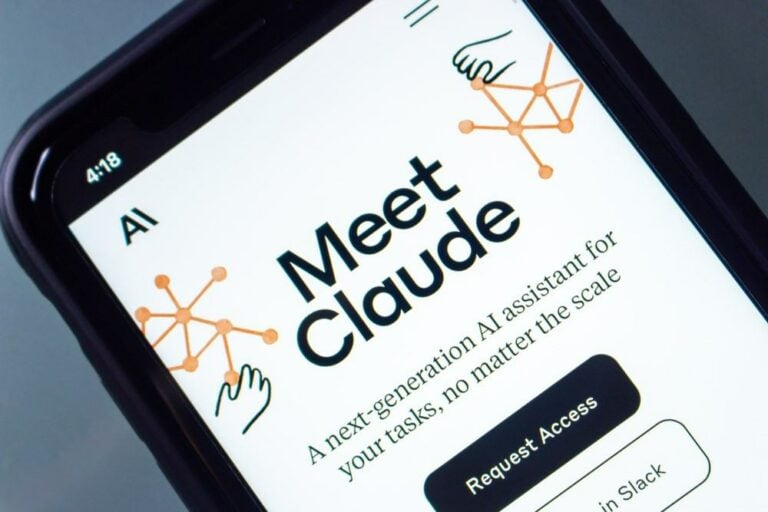Anthropic is developing AI agents that independently perform alignment audits on language models. This significantly increases the scalability and speed of security testing. This innovation could prove crucial for the reliable deployment of powerful AI systems such as Claude Opus 4.
In a recent publication, Anthropic introduces three types of AI agents that can investigate advanced language models for misaligned behavior without human intervention. The auditing agents are designed to automatically detect patterns, risks, and hidden goals in AI models. According to the company, they represent a crucial step in scaling up alignment research.
The three agents differ in their approach. The investigator agent conducts open-ended research on a model using interpretation and analysis tools in an attempt to uncover, for example, unintended or hidden goals of the model. The evaluation agent performs structured behavioral evaluations, testing the model for consistency and reliability in sensitive situations. The red-teaming agent focuses on generating prompts specifically designed to provoke deviant or harmful behavior.
In test environments, Claude Opus 4, among others, was subjected to these auditing processes. The agents proved capable of effectively auditing models that had been deliberately manipulated with misaligned instructions. By allowing different agents to work together within an overarching audit structure, for example a super-agent that integrates multiple signals, Anthropic was able to significantly increase detection capabilities. In certain cases, up to 42 percent of hidden behavioral characteristics could be exposed.
Context-specific deviations are a challenge
At the same time, the research emphasizes that the agents are not yet able to identify all subtle or difficult-to-elicit behaviors. Complex or context-specific deviations proved particularly difficult to detect. Human validation therefore remains necessary for the time being, especially when assessing unpredictable output or non-reproducible behaviors.
In addition to the technical realization of the agents, Anthropic also developed an experimental framework to measure their effectiveness. In a paper, the researchers describe how they use so-called auditing games: controlled test environments in which models are deliberately provided with hidden misaligned goals. Four independent research teams attempted to identify these hidden objectives without prior knowledge. Three of the four succeeded. They used a variety of methods, such as interpreting activations, manipulating prompts, and analyzing fine-tuning data.
Anthropic positions this development as a step toward more reliable AI governance. Automatic audits are faster, more systematic, and less dependent on human bias. Although the agents are not yet perfect, the results show that autonomous auditing techniques, combined with human evaluation, can be a powerful tool for the safe deployment of language models such as Claude Opus 4.
Read also: Thinking too long makes AI models dumber
